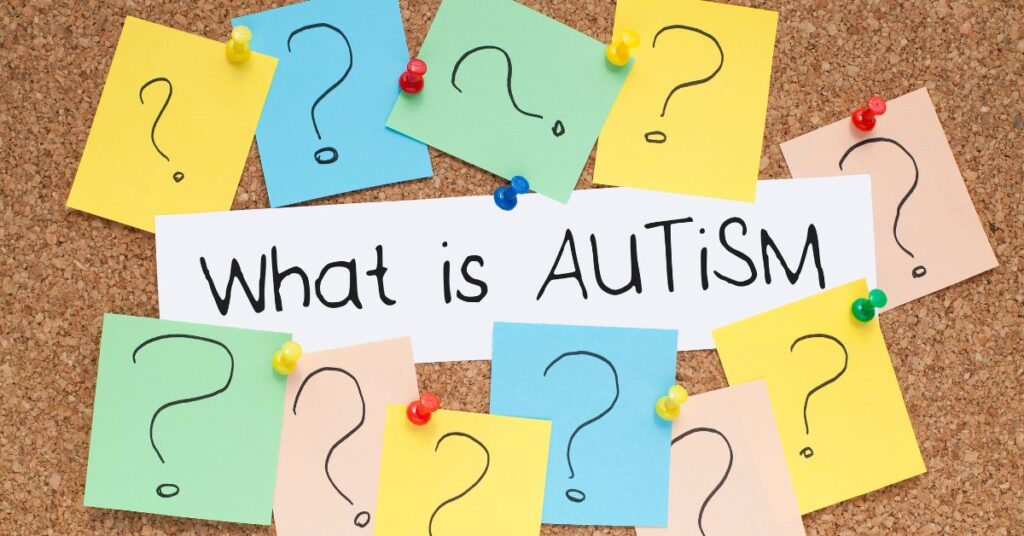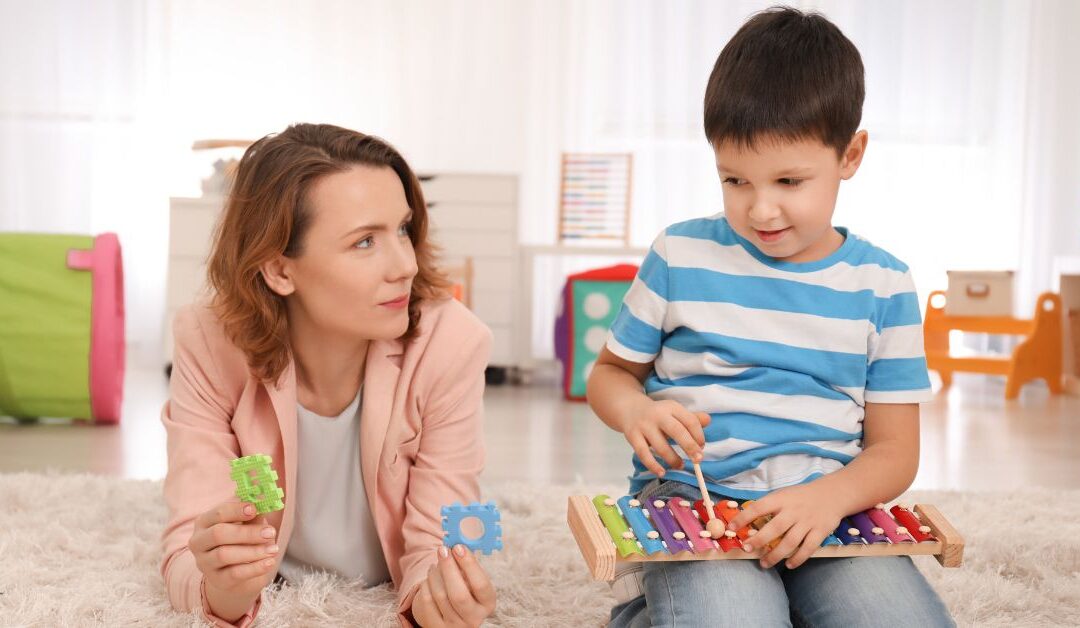How to tell your child that they have autism and explaining what it is weighs on many parents’ minds. When is the right time? How should I do it? How will my child react? Determining when to disclose to your child that they have autism isn’t exact. A lot of it has to do with your child and when you think they are ready.
No “right” time to tell your child they have autism
Autism is a spectrum, which means every individual has their own strengths, weaknesses and timing for when they are ready for certain things. While there is no “right” time to tell your child that they have autism, they most likely will give you some signs.
Many times, autistic children will begin to see and feel differences between them and their neurotypical peers at school. That will most likely lead to them to asking questions or wondering. Their teachers may let something about autism slip. They may start to pick up certain messages during therapy sessions.
Generally, you want to tell your child sooner rather than risk someone else disclosing it to them. Yet, it really comes down to their cognitive capabilities, age and awareness of social situations. You also need to be ready to handle their reaction and questions.
How I told our son he has autism

My son J was diagnosed with Asperger’s Syndrome at age 4 and then ADHD at age 6. He knew right away that he had ADHD because we chose medication as a treatment for his hyperactivity, and he needed to understand why he was taking the medicine. Explaining Asperger’s Syndrome – or autism – to him came a bit later when we felt that he was ready.
J was eight years old when we told him. I researched and purchased the book, “What It Is to Be Me!: An Asperger Kid Book,” (affiliate link). We took it with us to an appointment with his therapist.
His therapist Amber and I had J read the book at the beginning of his session. He read it out loud and then after he read most pages, he said, “That’s just like me!”
When he was done, I explained to him that he was an Aspie Kid and that he had Asperger’s Syndrome. Amber gave him some additional simple explanations about it and how it is part of autism, and we asked if he had any questions. He didn’t at the time, and we went on with his appointment as usual.
He was quiet on the way home from the appointment, but when we got home, he asked to take the book to his room.
J quickly took to understanding his autism, and I think he felt relieved to understand why he was so different from his classmates.
Helping classmates understand autism
J was in third grade when we disclosed his autism to him, and he embraced understanding himself better. When he was in the fifth grade, he helped the Special Services director at his school to educate his class about autism.
She conducted a session with his class to teach them about autism, and then she had J describe what it’s like from his perspective to have autism. It went a long way in helping his classmates understand what autism is and why J behaves the way he does at times. It was a positive experience for him, and I’m glad he agreed to participate.
Additional resources
So how do you disclose to your child that they have autism? There is no right way for that either, and you know your child best. However, if you’d like to use a book to help like I did, here are some suggestions below.
Autism Is…? (Autism Is…? Books) (affiliate link)
All My Stripes: A Story for Children With Autism (affiliate link)
Nathan’s Autism Spectrum Superpowers (affiliate link)
Dragon and His Friend: A Dragon Book About Autism (affiliate link)
Uniquely Wired: A Story About Autism and Its Gifts (affiliate link)







